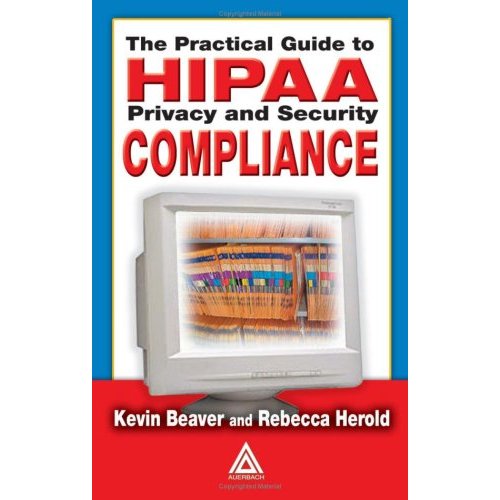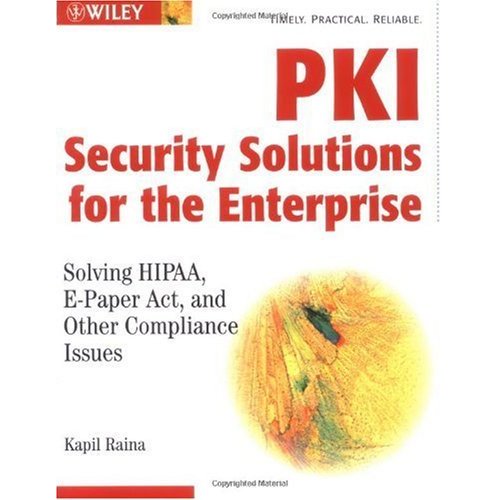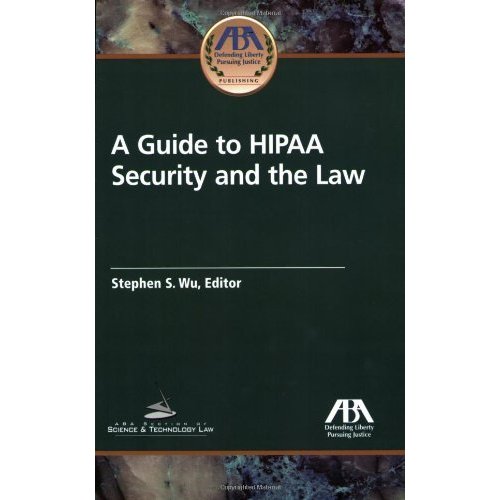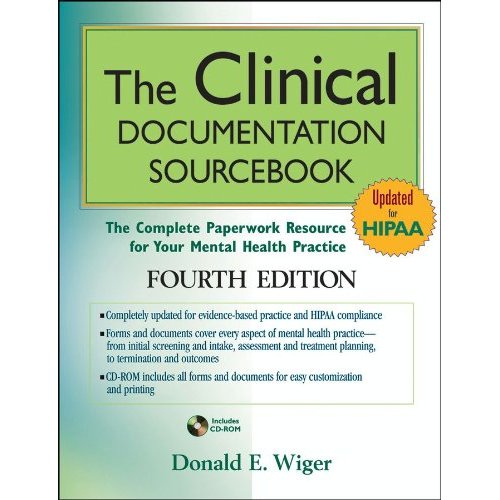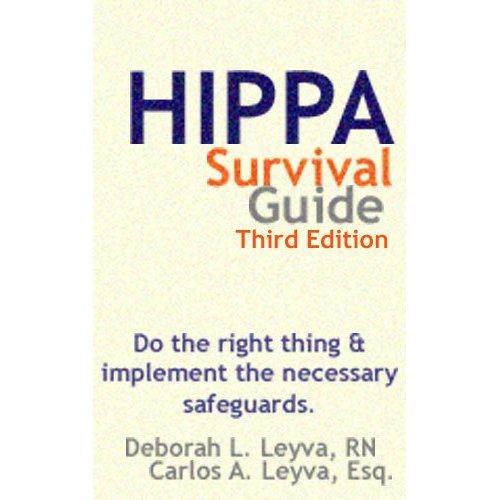Since the inception of HIPAA in 1996, its broad implications have affected all areas of health care including dentistry. And, if asked, most dentists and their staff would say they know what the HIPAA regulations are, and yes, they have been trained, but are they really up to date with HIPAA’s ever expanding changes and compliance requirements? Are they trained in the areas of HIPAA Security, Privacy, Enforcement and Breach Notification Rules and do they know that they must be in compliance with the 2013 HIPAA Omnibus Final Rule by September 23, 2013?
Compared to the ever-growing size of medical practices today, most dental offices are still rather small with just one to five dentists practicing together, and maintaining compliance is not easy for a small office. It requires a continual effort on the part of the dentist and the office staff. This commitment of time, people and resources is sometimes where the process hits a wall. Many dental offices did their initial training when the Privacy Rules were enacted but have not kept current with training, and often the HIPAA protocols that they put in place have fallen by the wayside. This is especially true in offices with a limited number of employees and frequent staff turnover.
Almost all dental practices submit their claims electronically to insurance companies, which subjects them to the HIPAA regulations in regards to electronic claims submission. But, are these offices following through with the certification requirements to safeguard and protect electronic patient information, and is there a written risk assessment?
Most offices are much more familiar with the HIPAA Privacy Rule. But, without the benefit of refresher training and instruction for new staff, these offices may not be fully adhering to the HIPAA privacy conditions.
The American Dental Association does offer resources and online webinars for dental offices to help them educate their staff and remain compliant with HIPAA laws. But, there are also many other online training programs, such as HIPAA School that are ideal for the small dental office…and besides providing a good solid base of instruction, they help offices stay on track with their HIPAA programs.
Dentists who realize the importance of training their staff regularly and making sure new hires are immediately well-informed and proficient in HIPAA law are much less likely to have any reported complaints or fail an audit. HIPAA training is crucial, not just because the office could be substantially fined if not in compliance, but because it is essential to protecting their patient’s private health information.
Since the inception of HIPAA in 1996, its broad implications have affected all areas of health care including dentistry. And, if asked, most dentists and their staff would say they know what the HIPAA regulations are, and yes, they have been trained, but are they really up to date with HIPAA’s ever expanding changes and compliance requirements? Are they trained in the areas of HIPAA Security, Privacy, Enforcement and Breach Notification Rules and do they know that they must be in compliance with the 2013 HIPAA Omnibus Final Rule by September 23, 2013?
Compared to the ever-growing size of medical practices today, most dental offices are still rather small with just one to five dentists practicing together, and maintaining compliance is not easy for a small office. It requires a continual effort on the part of the dentist and the office staff. This commitment of time, people and resources is sometimes where the process hits a wall. Many dental offices did their initial training when the Privacy Rules were enacted but have not kept current with training, and often the HIPAA protocols that they put in place have fallen by the wayside. This is especially true in offices with a limited number of employees and frequent staff turnover.
Almost all dental practices submit their claims electronically to insurance companies, which subjects them to the HIPAA regulations in regards to electronic claims submission. But, are these offices following through with the certification requirements to safeguard and protect electronic patient information, and is there a written risk assessment?
Most offices are much more familiar with the HIPAA Privacy Rule. But, without the benefit of refresher training and instruction for new staff, these offices may not be fully adhering to the HIPAA privacy conditions.
The American Dental Association does offer resources and online webinars for dental offices to help them educate their staff and remain compliant with HIPAA laws. But, there are also many other online HIPAA training programs that are ideal for the small dental office…and besides providing a good solid base of instruction, they help offices stay on track with their HIPAA programs.
Dentists who realize the importance of training their staff regularly and making sure new hires are immediately well-informed and proficient in HIPAA law are much less likely to have any reported complaints or fail an audit. HIPAA training is crucial, not just because the office could be substantially fined if not in compliance, but because it is essential to protecting their patient’s private health information.
The post Dentists: Don’t Forget HIPAA Compliance appeared first on HIPAA.com.
